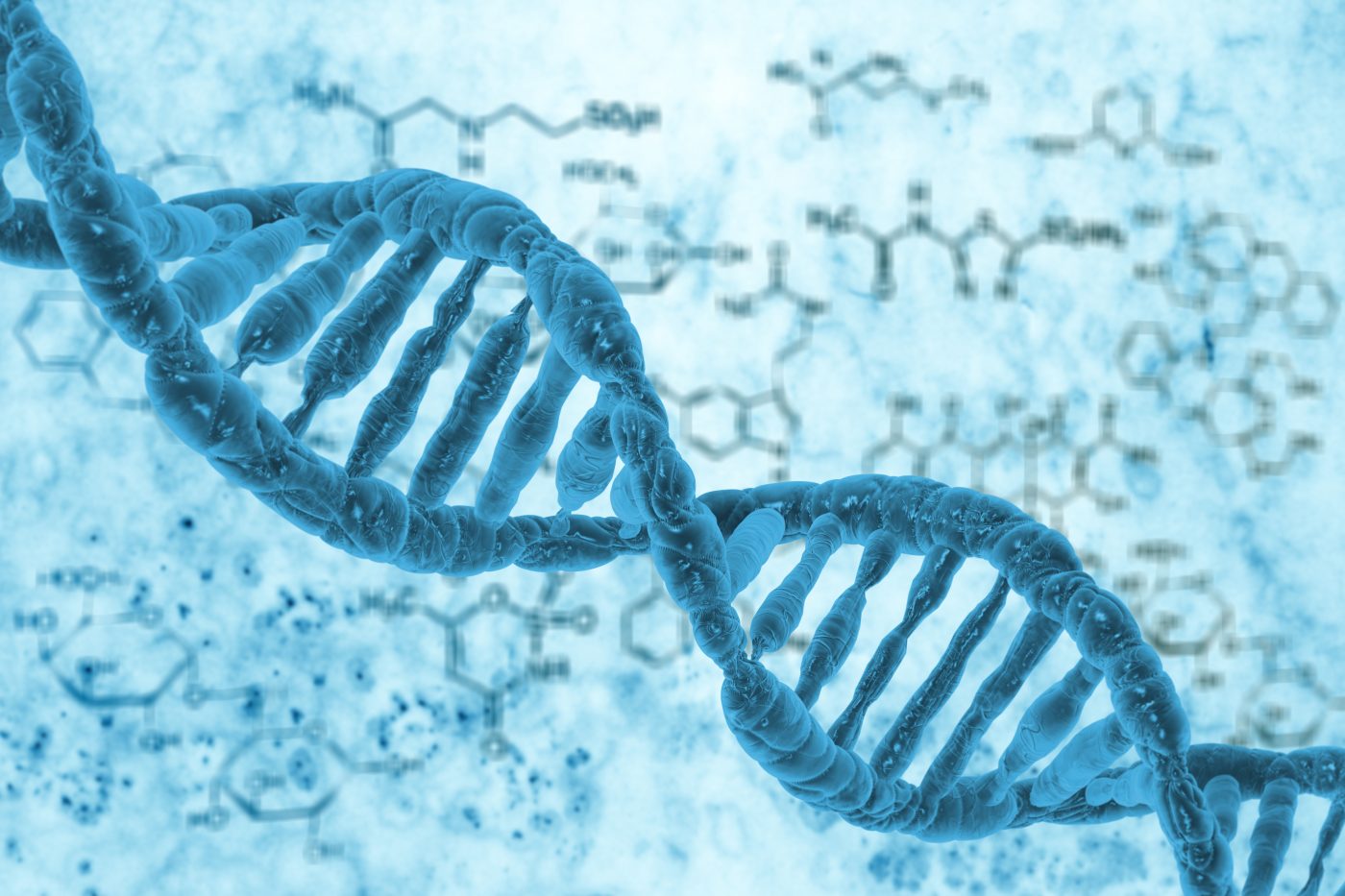New Insight Into Genetic Mutations Linked to Autoimmune Diseases

An international team led by researchers at the University of Bergen in Norway and the Weizmann Institute of Science in Israel recently published in the journal Immunity their finding that mutations in a gene known as autoimmune regulator (AIRE) are linked to different autoimmune phenotypes. The study is entitled “Dominant Mutations in the Autoimmune Regulator AIRE Are Associated with Common Organ-Specific Autoimmune Diseases”.
Autoimmune diseases are characterized by an overreaction of the body’s own immune system that leads to the attack of healthy tissues, such as joints and organs, resulting in inflammation, pain, disability and often in tissue destruction. The causes underlying autoimmune diseases are poorly understood; genetic factors are thought to play a role, but environmental, occupational or other factors most likely contribute to the development of the disease. One well-known autoimmune disease is systemic lupus erythematosus (lupus), which can result in rashes and skin, joints and organ damage.
The autoimmune regulator (AIRE) gene plays an important role in the establishment of central immunological tolerance and in preventing autoimmunity. Mutations in this gene cause a rare disease called autoimmune polyendocrine syndrome type 1 (APS-1), which is characterized by multi-organ autoimmunity. APS-1 is a recessive disease, which means that it only develops when a child receives two mutated versions of the AIRE gene, one from each parent.
The AIRE gene is mainly expressed in the thymus, a small organ where important immune T cells undergo a so-called “basic training” on their defense mission before being released into the bloodstream. Within the thymus, AIRE functions through cells called medullary thymic epithelial cells (mTECs) that monitor T cells to ensure they are not reactive to any self-antigen naturally produced in the body. A T cell that reacts to self-antigens is eliminated. AIRE gene is the main regulator of this important screening process.
Researchers reported a patient that had an autoimmune syndrome linked to AIRE mutations; however, when the patient’s AIRE gene was analyzed in detail, only one copy was mutated. Theoretically and since the disease is recessive, one mutated copy should not cause any disease symptoms. Children from this patient were analyzed and those carrying the single mutated copy were found to have a milder autoimmune disease, with symptoms different from the recessive AIRE-dysfunction syndrome. Based on this observation, the team analyzed data from families in Norway, Finland and Russia who had cases of several forms of autoimmunity.
Researchers found that many of the individuals with mutations in one copy of the AIRE gene had been diagnosed with different autoimmune syndromes and disorders. A detailed analysis of the mutations revealed that only mutations at certain sites of the AIRE gene conferred dominance over the healthy gene. In these cases however, the disease is less severe, with a later onset in life and usually affecting fewer organs than in cases were both AIRE copies are mutated.
The team showed for the first time that mutations in a single copy of the AIRE gene can disrupt its function and cause different autoimmune phenotypes, and that these disease-causing mutations in the AIRE locus are more common than previously thought. Researchers estimate that at least one in every 1,000 individuals may have a dominant AIRE-mutation. “A dominant AIRE malfunction could explain the mechanism of a number of autoimmune diseases,” said study’s co-senior author Dr. Jakub Abramson in a news release.
Dr. Abramson is also the senior author of another study recently published in the journal Nature Immunology (“The deacetylase Sirt1 is an essential regulator of Aire-mediated induction of central immunological tolerance”) revealing that AIRE is regulated by another gene called Sirtuin-1 (Sirt1). Researchers found that mTECs have remarkably high levels of Sirt1 protein, and that this protein is responsible for Aire activation.
The finding of this Sirt1-Aire interaction is relevant as it may offer new insights into the causes of several autoimmune diseases including lupus. The team also believes that their findings may provide new strategies for the diagnosis and treatment of autoimmune disorders in general.





